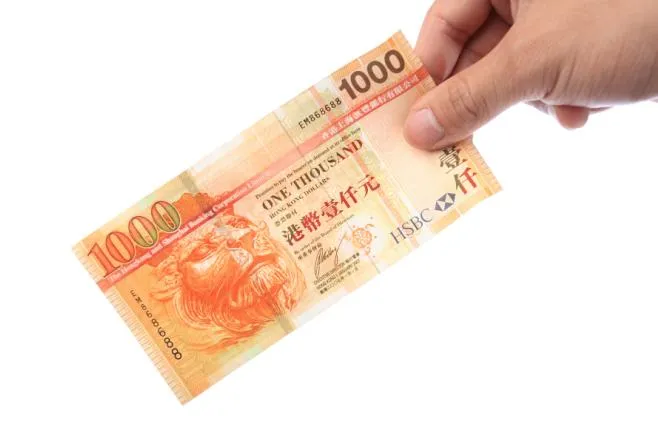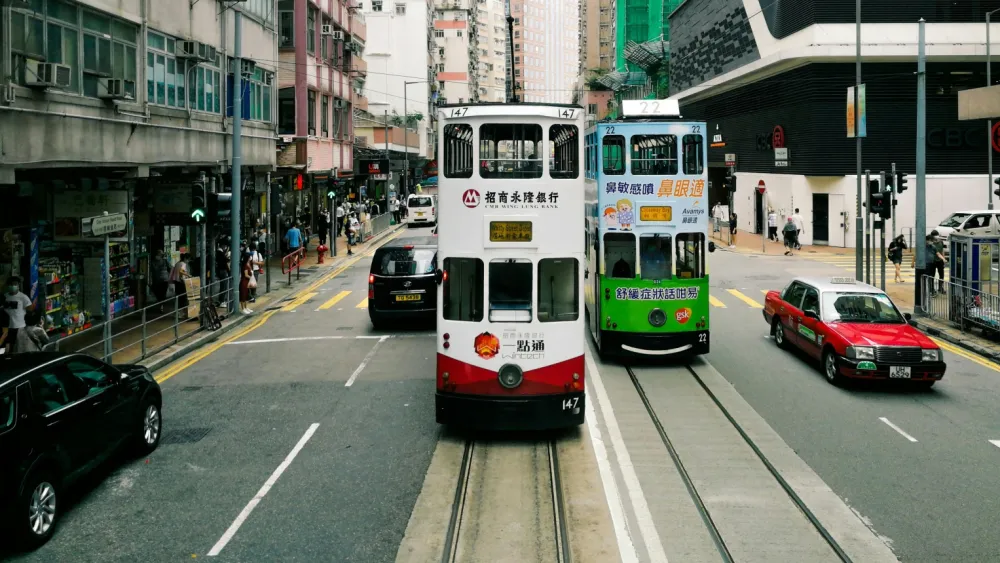
Beware of faster inflation, says economist
Strong demand, currency depreciation and rising wages ultimately all fuel inflationary pressures.
“Like the rest of Asia, Hong Kong is shaking off the impact of weak external demand with robust internal demand. Unfortunately, unlike the rest of Asia, input and output price pressures are still rising, driven in particular by currency depreciation and rising wages. Strong local demand is helping to protect job creation from the impact of wage inflation, but households will ultimately have to deal with faster inflation as a result,” said Donna Kwok, Greater China Economist at HSBC.
She noted:
| Hong Kong is back in solid growth mode. July's headline PMI printed a firm 51.4 in July, up from 50.3 in June. Though slightly below its long-term average (51.8), this was nonetheless a strong result versus the sharp drop in Taiwan or modest decline in China's manufacturing PMI for the same month. Domestic demand regained a footing in July, which accompanied by stronger Mainland demand (the new China business sub-index rose back above trend to 54.2 from 51.7 previously) helped new orders recover to a healthy 52.6 from last month's worrying contraction of 49.0. Output subsequently rose, printing 51.4 (Jun: 51.3). The "new orders minus inventory" ratio rebounded from the red, printing +2.5 versus -0.8 previously. The contraction of China's manufacturing PMI in July (which fell below 50 for the first time in a year to 49.3 from 51.1) was countered by the continued strength of China's service sectors (the PMI for which printed 53.5 versus 54.1 previously). Inflationary pressures in Hong Kong meanwhile continued to rise unabated. July's input cost sub-index shot up to a series record high of 75.4 (Jun: 65.6), as the sub-index for final prices charged printed 57.2 (Jun: 58.9). Both readings are high above their long run respective averages of 59.5 and 53.5. Currency depreciation, higher raw material costs and rising wages were all to blame. Staffing costs have risen for two years now and again printed an above-trend of 57.6 in July (trend: 54.3). Robust demand helped business deal with higher staffing costs however, so allowing headcount expansion to continue: the employment sub-index stayed above trend to record 51.7 in July (Jun: 52; long-run trend: 51.3). Although Mainland support for Hong Kong businesses appears to have stabilized, local businesses remain weary of headwinds from the US and Europe - as reflected in July's cooler stock purchasing activity. The sub-index for purchases contracted for the second straight month, printing 47.1 versus 45.2 previously, while stocks of purchases held by private companies rose only marginally (Jul: 50.1; Jun: 49.8). The cost to an economy which is growing above potential (output gap has closed for almost a year now) is structurally higher inflation, especially if the economy is running out of spare capacity to step up potential output in order to meet rising demand. Hong Kong's latest PMI reading signals that spare capacity is still shrinking. |



















 Advertise
Advertise







